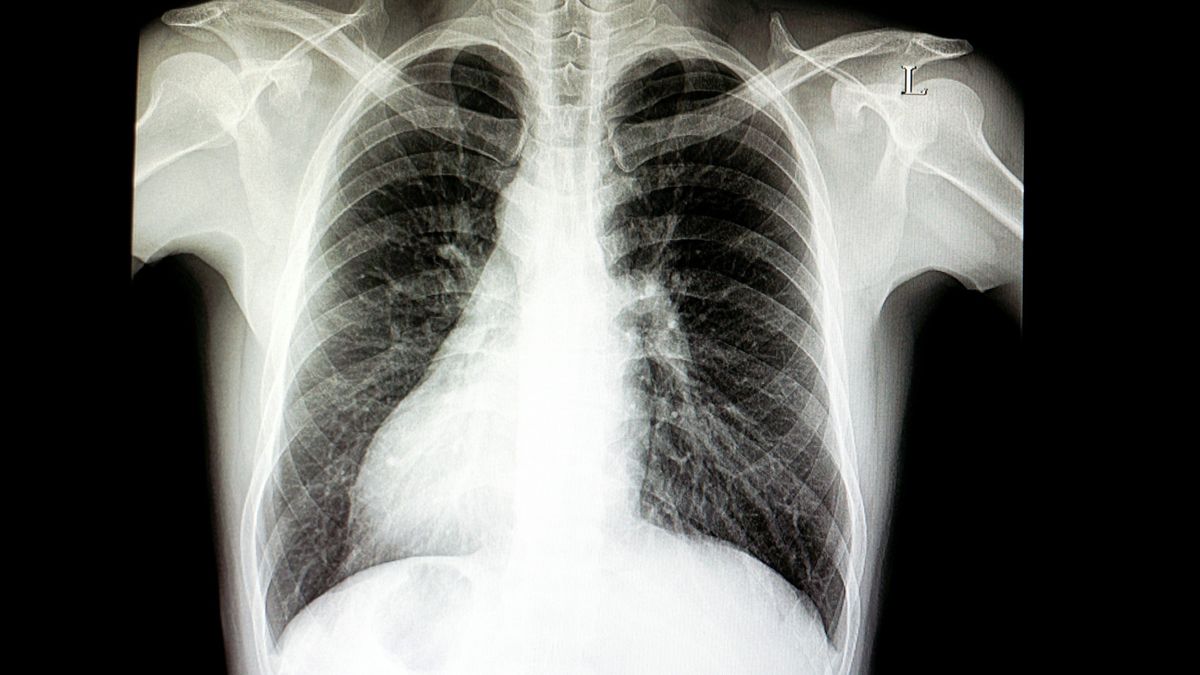A single cigarette now and then may not kill you — but according to new research, each one will take an average of 19.5 minutes off your life.
The study, conducted at University College London, determined that women lose 22 minutes and men 17 minutes for every cigarette they smoke.
But there’s good news: Quitting at any age can make a difference in your lifespan, and giving up a 10-smokes-a-day habit this New Year’s Day means that by January 8, you can prevent losing a whole day of your life.
The research, commissioned by the UK’s Department of Health and Social Care, offers a starker picture for smokers than before. Previous estimates were that each cigarette shaved 11 minutes off a lifetime.
The new research indicates that smoking one pack of 20 cigarettes shortens a life by nearly 7 hours.
Even a single cigarette a day has a major impact: Smoking just once daily for 10 years can shorten a man’s life by 62,050 minutes, or 43 days. For women, life is shortened 80,300 minutes, or nearly 56 days.
“Smoking is an expensive and deadly habit, and these findings reveal the shocking reality of this addiction, highlighting how important it is to quit,” said Public Health Minister Andrew Gwynne.
The math works out that quitting the bad health habit can buy back hours, days and even weeks of life.
“The evidence suggests people lose, on average, around 20 minutes of life for each cigarette they smoke. The sooner a person stops smoking, the longer they live. Quitting at any age substantially improves health and the benefits start almost immediately,” Sarah Jackson, Principal Research Fellow, UCL Alcohol and Tobacco Research Group, said.
“It’s never too late to make a positive change for your health and there are a range of effective products and treatments that can help smokers quit for good.”
Dr. Sarah Jarvis noted that smoking also contributes to lots of health issues including heart disease, stroke, type 2 diabetes, dementia and COPD (chronic obstructive pulmonary disease.
And the authors of the study, which will be published in the Journal of Addiction, pointed out that this means not only a shortened life, but a shorter span of time with good quality of life.
“Studies suggest that smokers typically lose about the same number of healthy years as they do total years of life,” they said.
“Thus smoking primarily eats into the relatively healthy middle years rather than shortening the period at the end of life, which is often marked by chronic illness or disability. So a 60-year-old smoker will typically have the health profile of a 70-year-old nonsmoker.”
One 2022 study even found that quitting smoking is as effective as taking heart attack prevention drugs for lowering heart disase risk.
In addition to impacting health, smoking also puts a big dent in your wallet: WalletHub’s 2019 report “The Real Cost of Smoking by State Report” found that New Yorkers spend $226,000 on tobacco products in a lifetime.
If you’re trying to quit, avoiding certain trigger foods may help.
















